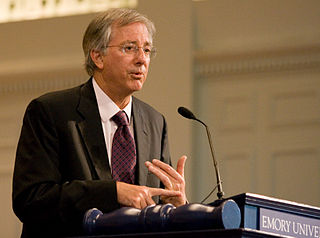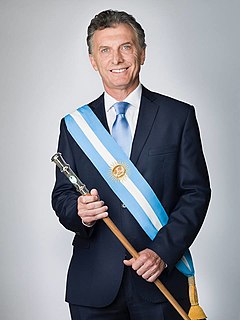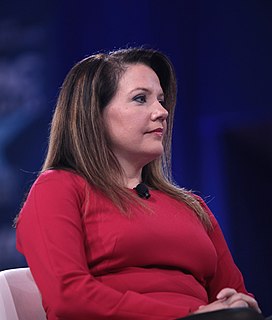A Quote by Zbigniew Brzezinski
A president who aspires to be recognized as a global leader should not personally stake out a foreign-policy goal, commit himself eloquently to its attainment, and then yield the ground when confronted by firm opposition.
Related Quotes
We need a leader who has a sense of balance, an understanding of the ebb and flow of history and a sense of our country's unique place in it. This is a foreign policy debate, and you cannot conduct foreign policy without a sense of what we are fighting for. And any President who can reduce the conduct of this country's affairs to a morning's attack by a bunch of demented fascists does not, in my view, understand what this great nation is all about.
Bill Clinton, who, to his credit, has established a clear and consistent foreign policy, which is as follows: Whenever the president of the United States gets anywhere near any foreign head of state, living or dead, he gives that leader a big old hug. This has proven to be an effective way to get foreign leaders to do what we want: Many heads of state are willing to sign any random document that President Clinton thrusts in front of them, without reading it, just so he will stop embracing them.
We look a little bit disorderly, indecisive, leaderless. That's a real problem, and that's a problem that concerns me particularly on foreign affairs. The presidency, not just President Obama, but the presidency in recent years has lost some of the terrain that they used to dominate in the making of foreign policy. I think President Obama has to make a serious effort to regain it because he lost some of it himself.































